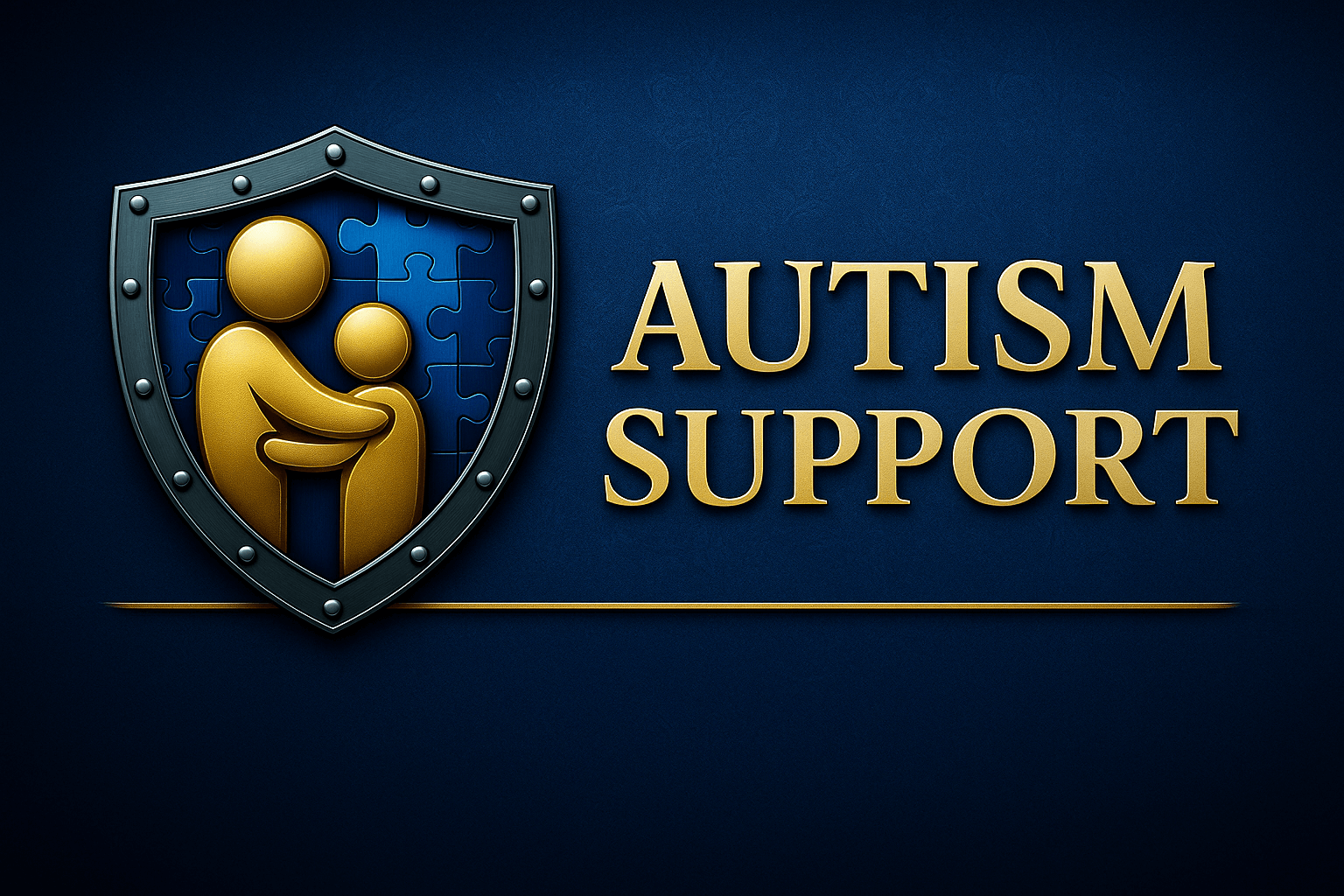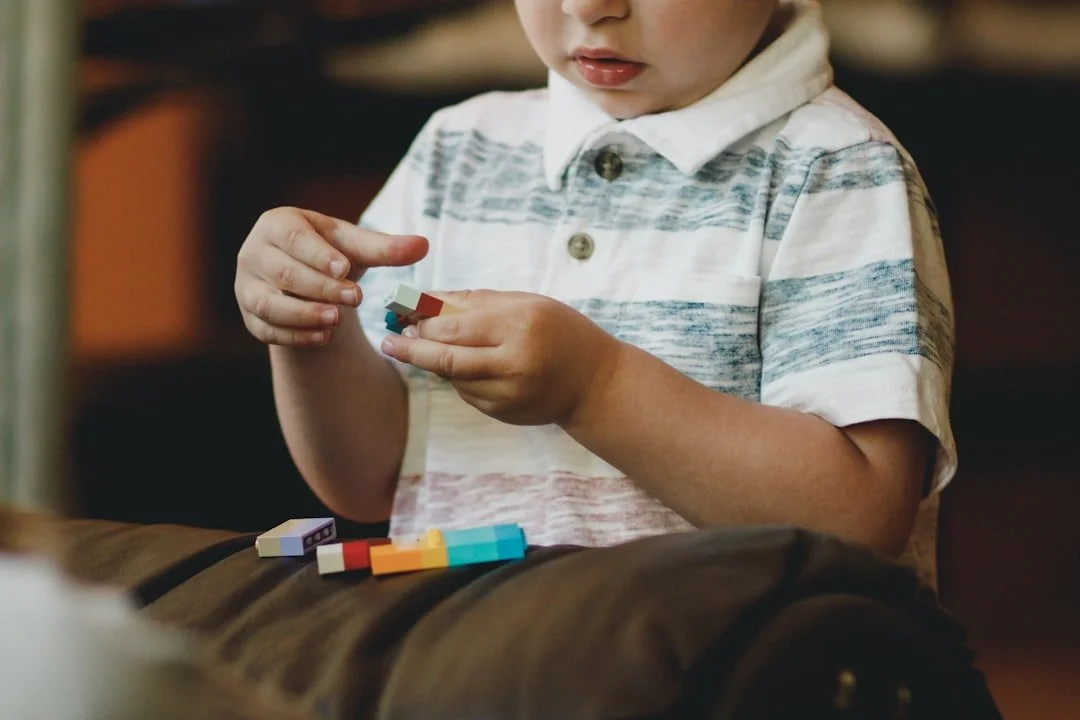
Autism Support for Children, Teens & Young Adults
Compassionate, evidence-based strategies for communication, behavior, and learning — tailored to every stage of development.

Autism Evaluation & Support
Neuroaffirming, collaborative care for children, teens, and young adults—focused on communication, sensory needs, behavior, and school success.
Our Autism Support Services are designed for individuals with Autism Spectrum Disorder (ASD) across the developmental continuum. We focus on strengthening social communication, supporting sensory and behavioral regulation, and easing transitions at home, school, and in the community.
Care is individualized and collaborative. We partner closely with caregivers, educators, pediatricians, and therapists to build practical, meaningful goals and an integrated plan that honors each person’s strengths and needs.


Managing Anxiety & Sensory Aversions
Personalized strategies to reduce sensory overwhelm, foster regulation, and enhance daily confidence for individuals with autism.
At SHIELD Psychiatry, we help individuals with autism manage anxiety and sensory sensitivities that can make everyday environments overwhelming. Sensory triggers—like loud noises, bright lights, textures, or unexpected touch—often increase stress and anxiety.
Our approach focuses on identifying triggers, building tolerance, and introducing calming techniques that promote comfort and stability. Through structured routines and sensory integration strategies, individuals gain tools to regulate their emotions and function with greater ease.
By addressing both emotional and sensory needs, we empower individuals to feel more secure, confident, and capable in diverse settings—whether at home, school, or in the community.

Nonverbal Communication Support
Enhancing social connection through body language, facial expressions, and alternative communication strategies.
At SHIELD Psychiatry, we recognize that communication extends beyond words. For individuals with autism, nonverbal communication is often a key area of growth.
Our support services focus on helping individuals understand, interpret, and use nonverbal cues such as facial expressions, body language, eye contact, and tone of voice. These skills enhance communication and build confidence in social settings.
When verbal communication is limited, we introduce augmentative and alternative communication (AAC) methods—gestures, visual supports, picture systems, and AAC devices—ensuring each individual has tools to express themselves effectively.
By strengthening these skills, we empower individuals to form stronger connections and navigate interactions with greater ease.









